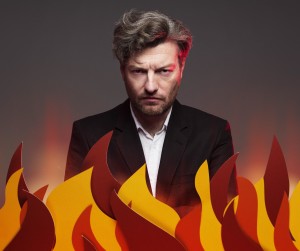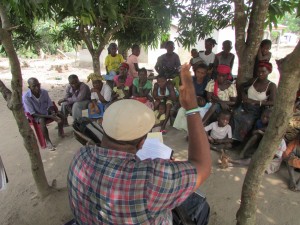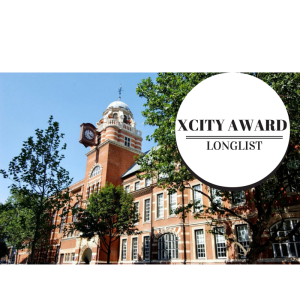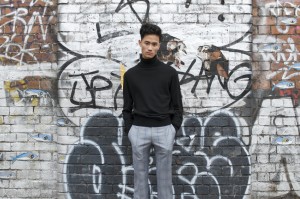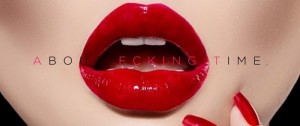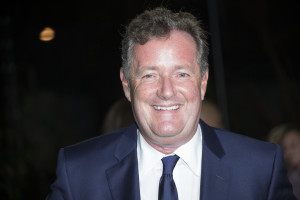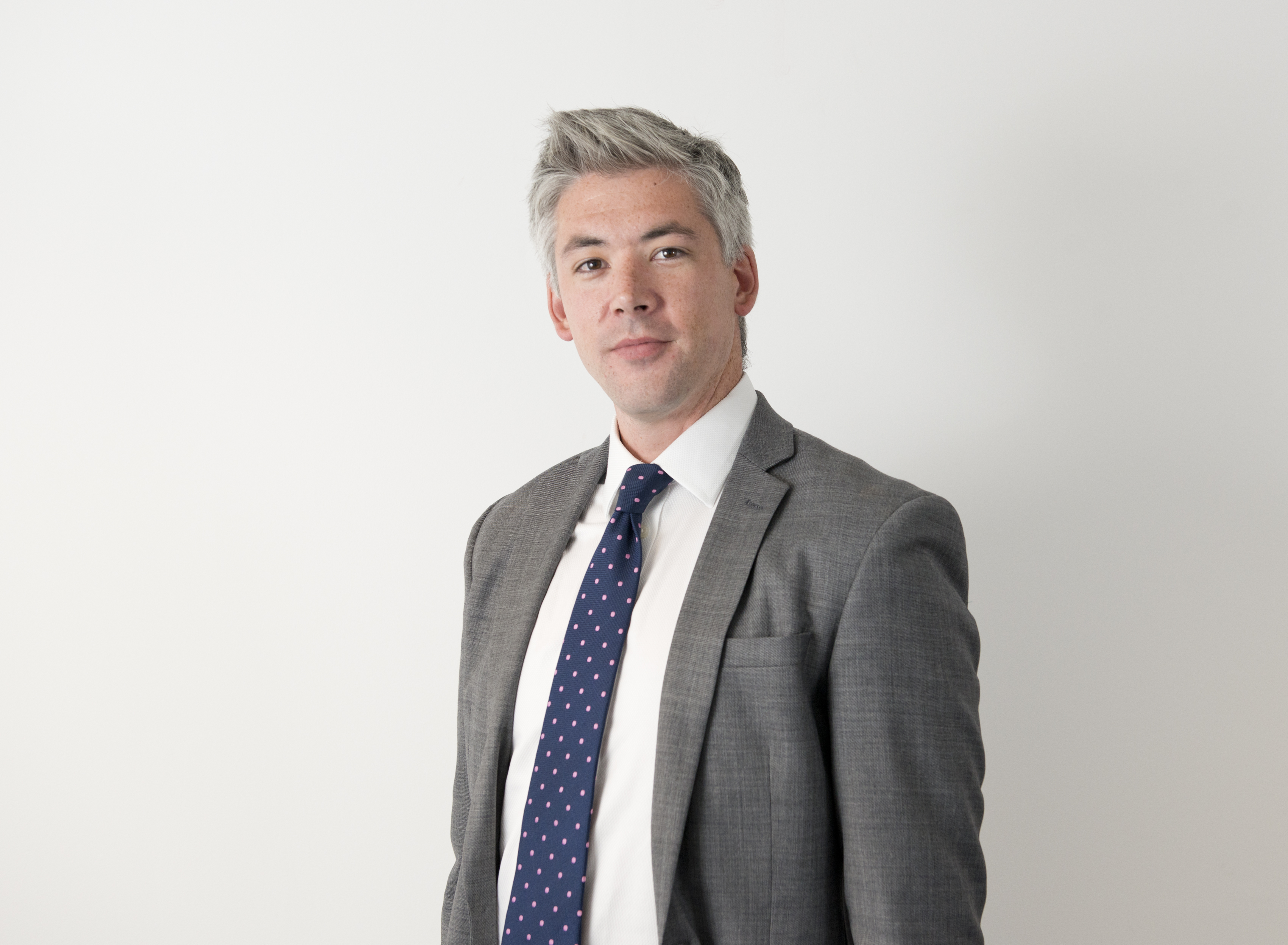
Christian May – City A.M. Editor
Course: Broadcast, 2012
What was your best moment at City?
Towards the end, my friend and I were working on the final project. It was about child migrants going missing from the care sector, a topic which has since received a lot of coverage, but back then there wasn’t so much about it. Being able to throw ourselves into that work and shine a light from our small City newsroom was very rewarding. I don’t think it changed the world, but it was a worthwhile topic. After doing a lot of local news, this felt like it had more weight and was quite exciting.
What was your worst moment at City?
Having left my job to do the MA, I had very little money coming in, so I moved into my grandfather’s house in Gerrards Cross, which is about half an hour on the train from Marylebone. I did the commute each day and often got the last train out of London, which was at around midnight. On one bitterly cold winter night I just caught the last train and made the mistake of falling asleep. When I woke up, I was on the outskirts of Birmingham and had to get a taxi back south – which cost me more than I would normally spend in a week. Expensive nap.
What is your advice for new City students?
Make the most of the opportunities the school offers you other than the course itself. The people who teach there are all highly regarded professional journalists, people like Heather Brooke. Those people are always on the lookout for a research assistant or could give you opportunities for experience – even if it’s just having conversations with them.
What is the best thing about your job?
I’ve come to journalism via an unconventional route, having worked in politics, then done the course, then come through PR and now City A.M. For me, the everyday running of a newspaper is exhilarating. We have online content and magazines as well, but the core product is a curated daily print newspaper, and that occupies an important part of the media landscape.
Who is your favourite journalist right now?
I think some people get quite het up about the blurring of comment and news, but in an evolving world, people can get news anywhere. So I think, for instance, the way Nick Cohen gives an analysis of left-wing politics and the way Iain Martin looks at right-wing conservative issues gets deeper behind the news. They’re not dictated by political standpoints, they’re informed by them.
What is the best place that journalism has taken you to?
About nine months after I got this job, City A.M. hosted the first debate between Zac Goldsmith and Sadiq Khan for the London mayoral election and I was able to chair that, which was really exciting. In terms of general experiences, being editor during the referendum has been extraordinary.

